Even other games that are not RPGs can do it right- like Grand Theft Auto, or The Legend of Zelda, or inFamous. They give you the freedom to explore a world, they give you a different kind of choice, not like the one we see in Mass Effect or The Witcher, and they make it work perfectly. Sure, all of them may not be as vast and expansive as Skyrim or New Vegas, but they work about just as well.
And then there are games like Fable- will you be good or will you be bad? To be fair, this theme is largely present in other aforementioned games too. The Witcher 2, Dragon Age, Mass Effect and to a lesser extent, Skyrim- they all are somehow connected to morality and player actions in the extremes. But games like Fable and inFamous depend solely on this mechanic. Sure, Fable pits players into a large world with interesting NPCs and lots of quests to tackle, but its focus always lies in one place- morality. Your decisions can change the entire world. I know, this may sound like what you would expect to read on a game’s cover art, but in Fable’s context, this is actually true. A city can become a large slum or a blossoming settlement, all based on your decisions.
Sure, the morality doesn’t always make sense, but it’s always fun to toy with, and it always affects the game and your playthroughs in significant ways. It may not always make sense- some of the decisions and their consequences are almost laughable at times- but it does present the players with choices that actually matter and have consequences that are not always the same.
The other kind of player choice that most significantly alters the way you play is all in the gameplay. I believe a perfect example here would be Deus Ex: Human Revolution. Sure, there are dialogue choices like in Mass Effect, and they actually make a difference and alter the story in significant ways. And sure, you do have a semi-open world to explore, NPCs to talk to and side quests to complete. And there is a morality meter- kind of. But none of that makes as big an impact here as does the way you wish to play the game.
Deus Ex: Human Revolution is whatever you want it to be. Want to go in all guns blazing and kill all your enemies with your augmentations and weapons? Go ahead, Deus Ex can be a shooter. Want to sneak into hostile territories and do things quietly, Jason Bourne style? No problem- Deus Ex does stealth as well as Metal Gear Solid or Splinter Cell; better, at times. Want to do a mixture of both? By all means, do it.
This kind of player choice, I believe, is the most fun. The story may not be altered as it would be in Witcher or Mass Effect, and you may 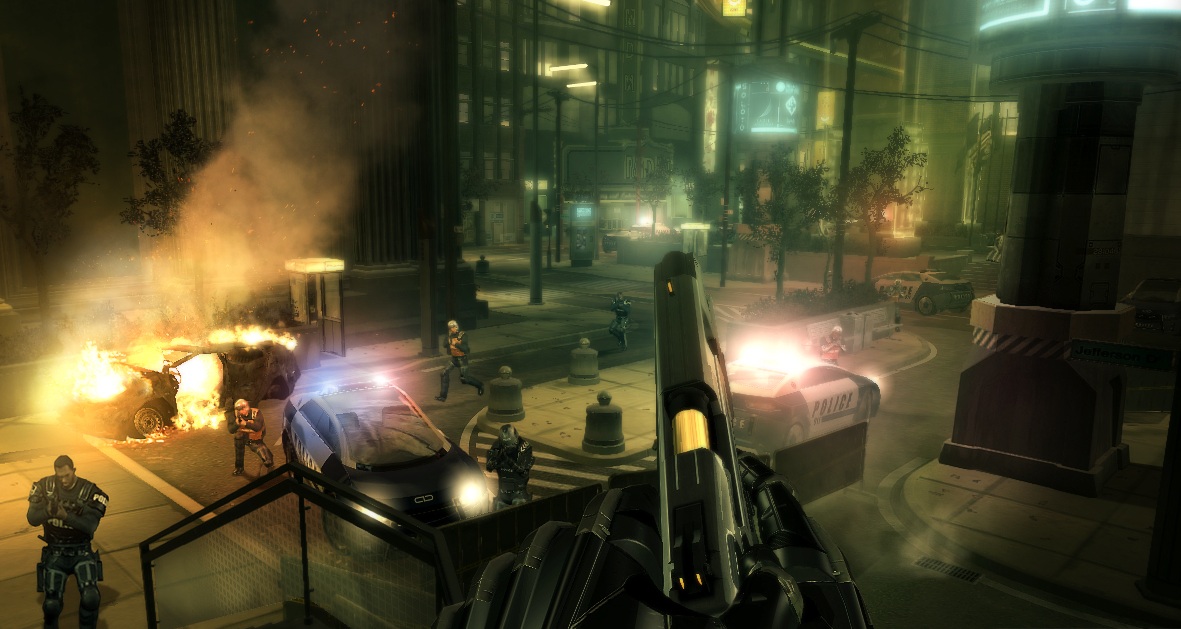 not have a large open world or a deep morality system, but no matter how many times you play this type of a game, you’ll be playing it differently. And that adds a ton of replay value and enjoyment to the overall experience. However, no particular kind of choice based gameplay is better or worse than the others, in my opinion. All have their pros and cons.
not have a large open world or a deep morality system, but no matter how many times you play this type of a game, you’ll be playing it differently. And that adds a ton of replay value and enjoyment to the overall experience. However, no particular kind of choice based gameplay is better or worse than the others, in my opinion. All have their pros and cons.
It’s almost unfair, though, how player choice has taken over RPGs so drastically. But I think it’s the developers’ fault, in a way. They try to present players with choices in one way or the other, but most of the times, those choices are of no consequence. I believe we can still enjoy old-school, tradition RPGs with linear stories as much as we enjoy the modern, choice based western ones. To this day, Final Fantasy 9 and 10 remain two of my most favourite games of all time. And while Mass Effect is my favourite gaming franchise ever, Mass Effect 2 my favourite game of all time, and Mass Effect 3 my most anticipated game in a long time, I’m still looking forward to the likes of Tales of Graces f and Ni No Kuni. Pokemon is still awesome, according to me, and Final Fantasy will be pristine again, if only it goes back to the good old days.
If you do decide to give players choices, developers, do it right. And try to have freedom in as many areas as you can. But no one likes making choices that have no consequences. Dialogue choices in games like Kingdoms of Amalur: Reckoning are more or less redundant, since they are of no consequence. Choice is not all that important to make an RPG work- games can be awesome without branching stories or dialogue wheels. But if you are implementing those mechanics, do it right.








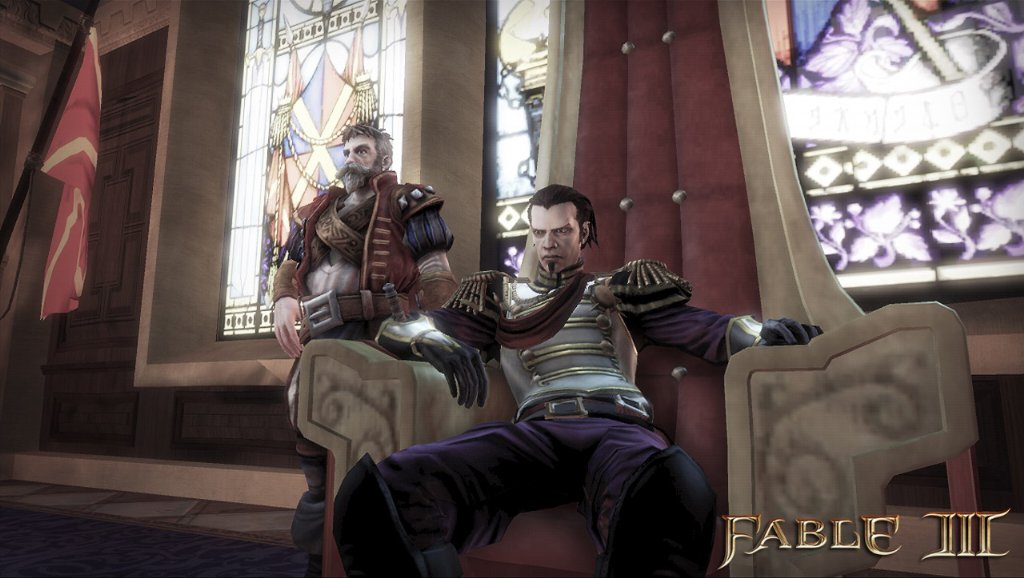
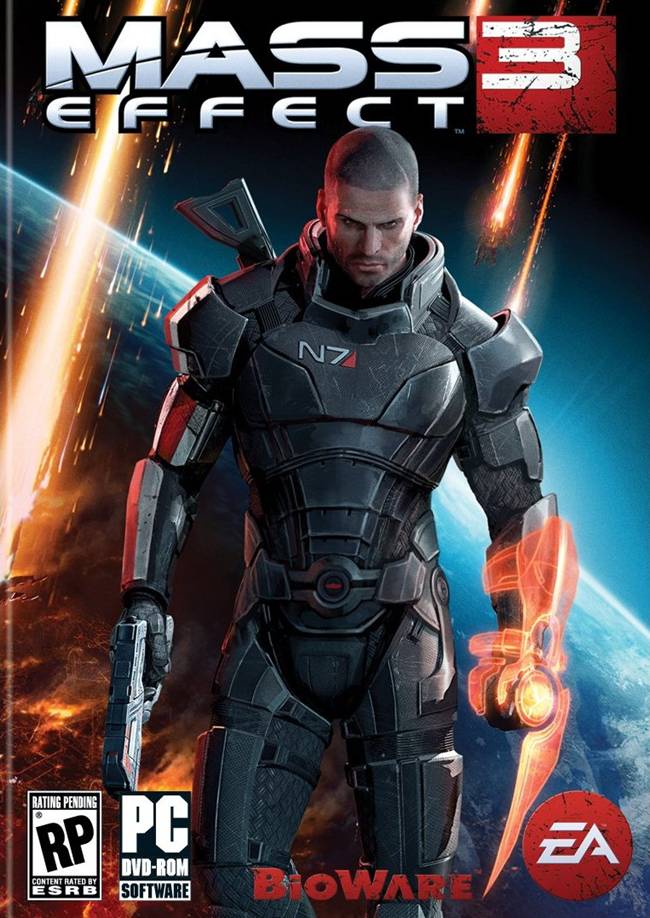
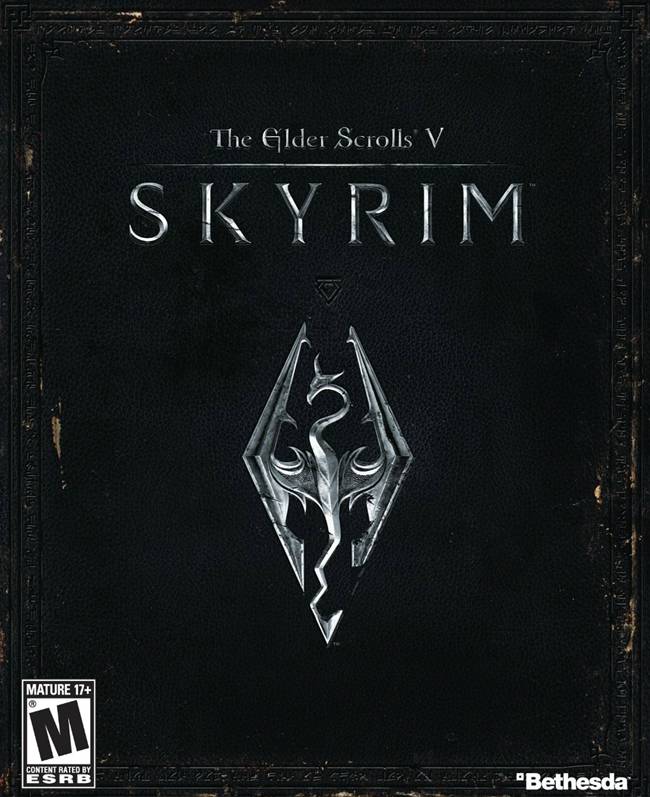
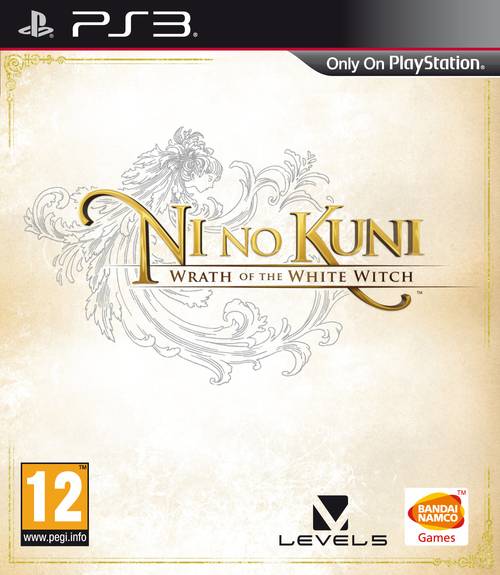
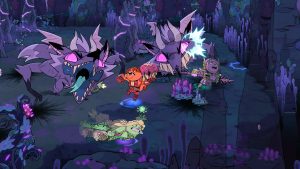
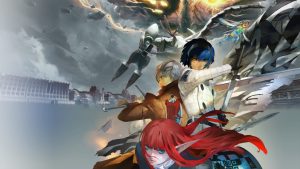
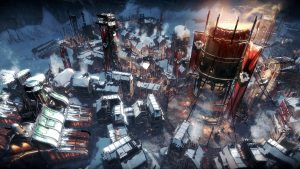

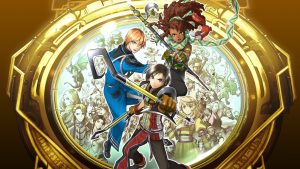

Share Your Thoughts Below (Always follow our comments policy!)